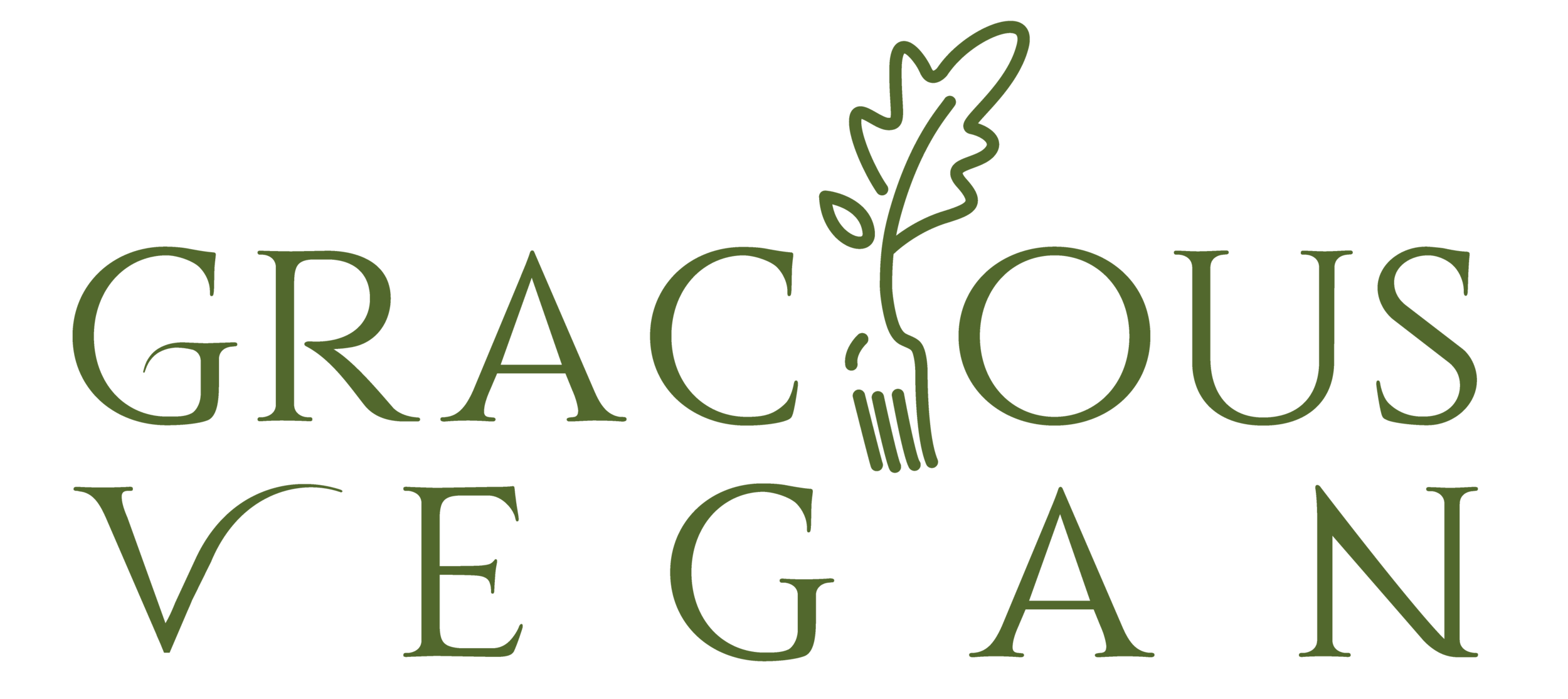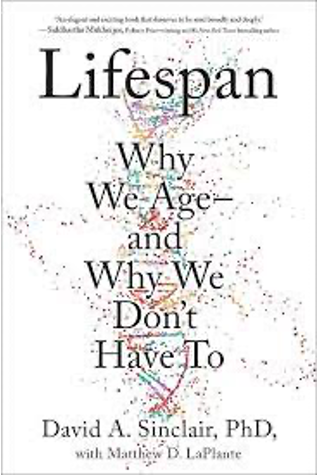Comparison of Four Best-Selling Books About Aging
As a video reviewer for Dr. Michael Greger’s Nutritionfacts.org, I was steeped in topics related to aging for several years as he and his expert volunteers worked through piles and piles of research on the subject. The culmination of their efforts was his publication of How Not to Age last December. As you can tell from my review of the book and my 27-page PDF summary of it, I found it a tour de force, bringing nutritional and aging research together to extract many novel insights and practical recommendations for lengthening lifespan, healthspan, and preserving important body systems and functions.
In preparing to teach a series of classes on aging and diet last spring, I dove deeply not just into Dr. Greger’s work but also into three other best-selling and influential books on aging. Comparing the four works was fascinating to me and many of my students. That’s led me to write this blog. I hope that sharing what I learned will help you decide if you want to read any or all of these books for yourself.
The four books and authors
First, here are the books and authors I dug into.
How Not to Age: The Scientific Approach to Getting Healthier as You Get Older, by Michael Greger, MD. Dr. Greger is a medical doctor who left active practice to become an expert on nutrition. He reads every peer-reviewed article on nutrition published in English every year. After a few years of sharing his findings through personal appearances, he founded an organization and website, Nutritionfacts.org, where he, his staff, and his large circle of volunteers share science-based videos, blogs, and other resources.
Blue Zones: Lessons for Living Longer from the People Who’ve Lived the Longest, by Dan Buettner. Mr. Buettner is a National Geographic Fellow, explorer, author, and founder of the Blue Zones Project. He focuses on the world's longest-living communities to uncover lifestyle secrets for health and longevity.
Outlive: The Science and Art of Longevity by Peter Attia, MD. Dr. Attia is a longevity physician and podcast host. He began his career as a surgeon, then left medicine for business consulting with McKinsey, then returned to medicine on his own terms, using a personalized medical approach that emphasizes nutrition, exercise, and metabolic health.
Lifespan: Why We Age—and Why We Don’t Have To by David Sinclair, PhD. Dr. Sinclair is a leading geneticist, Harvard Medical School professor, and co-founder of several biotechnology companies. He and his lab work to understand aging at the cellular level and discover molecules and strategies that can reverse it.
Different approaches to aging research
Each book’s focus is dramatically different from the others’.
Michael Greger in How Not to Age zeroes in on diet recommendations for counteracting the major pathways of aging. He treats other lifestyle habits like exercise in less detail and only in specific cases when exercise has been shown in clinical studies to slow down an aging pathway.
Dan Buettner in Blue Zones identifies the lifestyle habits of centenarians in the areas of world where, at the end of the 20th century, an above-average percentage of the population lived over 100 years. In most cases, he finds that the lifestyles of centenarians resemble the lifestyles from decades or centuries earlier in their region, minimally corrupted by modern foods and conveniences.
Peter Attia in Outlive presents his case for the best way to reach a vigorous old age. The two most crucial elements are the concept of Medicine 3.0—early testing and prevention of the major killer diseases (heart disease, type 2 diabetes, cancer, and Alzheimer’s)—and a robust program of physical exercise.
David Sinclair in Lifespan provides a detailed explanation of some of the cellular mechanisms that age us and the progress researchers are making toward technological and medical innovations that could dramatically add years to people’s lives.
The scientific grounding of the four works
Dr. Greger’s scientific grounding comes from reading thousands of epidemiological studies and clinical trials. Mr. Buettner and his team use qualitative research and demographic analysis to bolster their findings. Dr. Attia cites research studies (though not nearly as many as Dr. Greger) and weaves in clinical experience and experiments he’s been close to. Dr. Sinclair relies on his own lab’s work in experimental biology as well as the larger literature in his field.
In a nutshell, the gist of each book
How Not to Age Diet
Blue Zones Old World lifestyle
Outlive Disease prevention and exercise
Lifespan Scientific advancements toward cracking the human lifespan ceiling
(Blog continues below images)
Advice that the four books have in common
I was expecting a lot of agreement across the four books, but that’s not what I found. I did identify six recommendations that the books clearly have in common. There may be more, but these are the salient ones.
Recommendations that are common across the four books
Don’t smoke
Get enough quality sleep
Manage stress
Keep body weight at a healthy level
Drink little or no alcohol
Restrict calories, exercise regularly, take cold baths, and put other “stresses” on the body
The last of these recommendations—“stressing the body”—is fascinating. When the body senses that energy output might be exceeding energy input (being hungry, getting less protein than expected, expending a lot of energy to move, lift weights, warm up, or cool down), certain enzymes are activated to make cells re-purpose their “junk piles,” which include damaged mitochondria, misfolded proteins, and glycated proteins or fats. Having less junk in the cells is great for the body—it helps decrease inflammation, frees up various agents to move from clean-up duty to proactive maintenance, decreases blood sugar, and tamps down the production of free radicals.
Conflicting advice across the four books
The authors do not agree on a number of very important recommendations related to longevity and healthy aging.
Ideal amount of protein to eat
The most dramatic discrepancy about protein is between Dr. Greger and Dr. Attia. Dr. Greger makes “protein restriction” one of his “Anti-Aging 8,” advising people of all ages (regardless of activity level) to eat the recommended .8 grams of protein for every kilogram of body weight. Dr. Attia recommends 2 grams of protein for every kilogram of body weight. Both cite studies for their advice.
Importance of exercise
Dr. Attia is alone among the four in considering a very vigorous program of exercise more important than diet, pharmaceuticals, or other lifestyle habits. He outlines several classes of exercise that benefit various aspects of healthy aging and recommends that we make time for all of them throughout the week.
Criticality of diet
Dr. Greger focuses the most on diet among the four authors. Most of his core recommendations at the end of the book have to do with what classes of plant-based foods are the most beneficial for healthy aging.
Hope for new drugs
Dr. Sinclair believes that humans’ best hope for healthy aging is to find new pharmaceuticals that can repair aged or aging cells and give us a new lease on life at various times during our lifetime.
Importance of family and social connections
Mr. Buettner is alone in lifting social connections and life purpose to the level of core pillars for healthy aging.
Conclusion
Living a long time and enjoying a healthy “fourth quarter” are wishes almost everyone has, although people differ in their level of commitment to changing habits to increase their chances of a long, healthy life. We are fortunate that science is beginning to point to ways to prevent age-related diseases and extend the number of years we are healthy and thriving. These four books each has its strengths and weaknesses. Each tends to oversimplify certain issues in the quest to emphasize a core set of recommendations. Several of them offer so many recommendations that, even if you dedicated a major chunk of time every week to interventions, it might be impossible to follow all of their advice. Others are visionary, yet speculative and not immediately actionable.
I benefited a great deal from reading all four books. If you have the means and time to read them, that’s what I recommend. Otherwise, you can pick one or two and see where they lead you. Each one contributes valuable perspectives, and after you’ve read several or all four, you can put together your own personalized strategy for taking care of yourself as you age.





